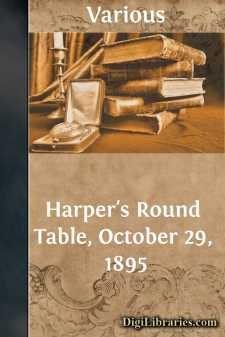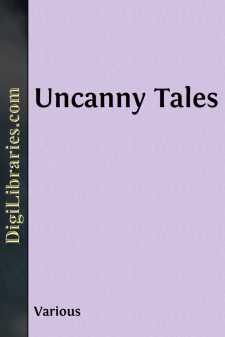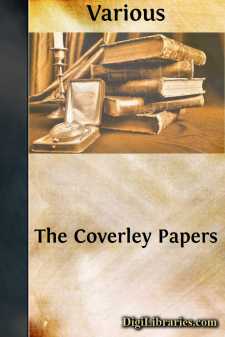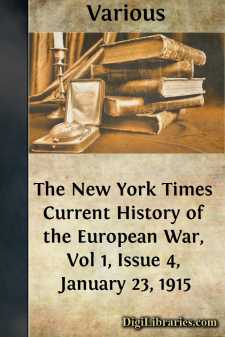Categories
- Antiques & Collectibles 13
- Architecture 36
- Art 48
- Bibles 22
- Biography & Autobiography 813
- Body, Mind & Spirit 138
- Business & Economics 28
- Children's Books 12
- Children's Fiction 9
- Computers 4
- Cooking 94
- Crafts & Hobbies 4
- Drama 346
- Education 46
- Family & Relationships 57
- Fiction 11821
- Games 19
- Gardening 17
- Health & Fitness 34
- History 1377
- House & Home 1
- Humor 147
- Juvenile Fiction 1873
- Juvenile Nonfiction 202
- Language Arts & Disciplines 88
- Law 16
- Literary Collections 686
- Literary Criticism 179
- Mathematics 13
- Medical 41
- Music 40
- Nature 179
- Non-Classifiable 1768
- Performing Arts 7
- Periodicals 1453
- Philosophy 64
- Photography 2
- Poetry 896
- Political Science 203
- Psychology 42
- Reference 154
- Religion 508
- Science 126
- Self-Help 81
- Social Science 81
- Sports & Recreation 34
- Study Aids 3
- Technology & Engineering 59
- Transportation 23
- Travel 463
- True Crime 29
Encyclopaedia Britannica, 11th Edition, Volume 7, Slice 4 "Coquelin" to "Costume"
by: Various
Categories:
Description:
Excerpt
COQUELIN, BENOÎT CONSTANT (1841-1909), French actor, known as Coquelin aîné, was born at Boulogne on the 23rd of January 1841. He was originally intended to follow his father’s trade of baker (he was once called un boulanger manqué by a hostile critic), but his love of acting led him to the Conservatoire, where he entered Regnier’s class in 1859. He won the first prize for comedy within a year, and made his début on the 7th of December 1860 at the Comédie Française as the comic valet, Gros-René, in Molière’s Dépit amoureux, but his first great success was as Figaro, in the following year. He was made sociétaire in 1864, and during the next twenty-two years he created at the Français the leading parts in forty-four new plays, including Théodore de Banville’s Gringoire (1867), Paul Ferrier’s Tabarin (1871), Émile Augier’s Paul Forestier (1871), L’Étrangère (1876) by the younger Dumas, Charles Lomon’s Jean Dacier (1877), Edward Pailleron’s Le Monde où l’on s’ennuie (1881), Erckmann and Chatrian’s Les Rantzau (1884). In consequence of a dispute with the authorities over the question of his right to make provincial tours in France he resigned in 1886. Three years later, however, the breach was healed; and after a successful series of tours in Europe and the United States he rejoined the Comédie Française as pensionnaire in 1890. It was during this period that he took the part of Labussière, in the production of Sardou’s’ Thermidor, which was interdicted by the government after three performances. In 1892 he broke definitely with the Comédie Française, and toured for some time through the capitals of Europe with a company of his own. In 1895 he joined the Renaissance theatre in Paris, and played there until he became director of the Porte Saint Martin in 1897. Here he won successes in Edmond Rostand’s Cyrano de Bergerac (1897), Émile Bergerat’s Plus que reine (1899), Catulle Mendès’ Scarron (1905), and Alfred Capus and Lucien Descaves’ L’Attentat (1906). In 1900 he toured in America with Sarah Bernhardt, and on their return continued with his old colleague to appear in L’Aiglon, at the Théâtre Sarah Bernhardt. He was rehearsing for the creation of the leading part in Rostand’s Chantecler, which he was to produce, when he died suddenly in Paris, on the 27th of January 1909. Coquelin was an Officier de l’Instruction Publique and of the Legion of Honour. He published L’Art et le comédien (1880), Molière et le misanthrope (1881), essays on Eugène Manuel (1881) and Sully-Prudhomme (1882), L’Arnolphe de Molière (1882), Les Comédiens (1882), L’Art de dire le monologue (with his brother, 1884), Tartuffe (1884), L’Art du comédien (1894).
His brother, Ernest Alexandre Honoré Coquelin (1848-1909), called Coquelin cadet, was born on the 16th of May 1848 at Boulogne, and entered the Conservatoire in 1864. He graduated with the first prize in comedy and made his début in 1867 at the Odéon. The next year he appeared with his brother at the Théâtre Francais and became a sociétaire in 1879....












